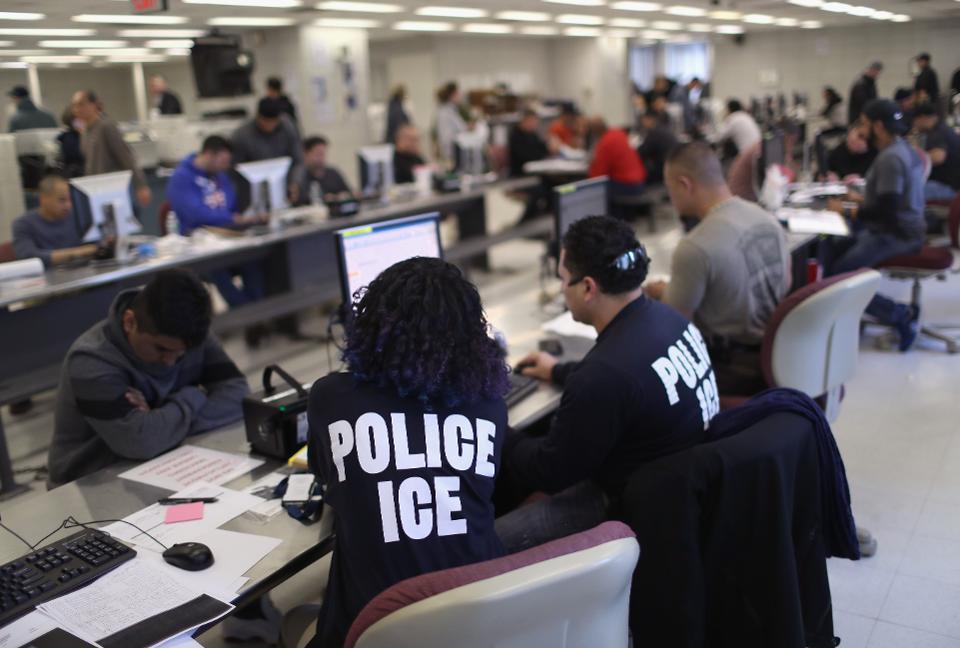Shumaker is pleased to announce that 93 of its lawyers have been included in the 26th Edition of The Best Lawyers in America® including Mechelle Zarou in Immigration Law.

Your resource for all things immigration.

Trump administration rules that could deny green cards to immigrants who use Medicaid, food stamps, housing vouchers or other forms of public assistance are going into effect, one of its most aggressive moves to restrict legal immigration.
Federal law already requires those seeking green cards and legal status to prove they will not be a burden to the U.S., or what’s called a “public charge,” but the new rules, made public on Monday, detail a broader range of programs that could disqualify them.
 U.S. Citizenship and Immigration Services (USCIS) continues to deny H-1B petitions at an historically high rate, making it more difficult for international students to work in America and for companies to conduct research and service customers in the United States.
U.S. Citizenship and Immigration Services (USCIS) continues to deny H-1B petitions at an historically high rate, making it more difficult for international students to work in America and for companies to conduct research and service customers in the United States.
“Denial rates for H-1B petitions have increased significantly, rising from 6% in FY 2015 to 33% through the second quarter of FY 2019 for new H-1B petitions for initial employment,” according to a new National Foundation for American Policy (NFAP)analysis of USCIS data. “Between FY 2015 and FY 2018 the denial rate for new H-1B petitions quadrupled from 6% to 24%. To put this in perspective, between FY 2010 and FY 2015, the denial rate for initial H-1B petitions never exceeded 8%, while today the rate is 4 times higher.”
To read the rest of this article please visit the Forbes website here.
Immigration and Customs Enforcement (ICE) officers could question international  students and company managers during new site visits underway to investigate students on Optional Practical Training (OPT) in science, technology, engineering and math (STEM) fields. This is the latest in a series of actions by the Trump administration aimed at companies, high-skilled professionals and international students.
students and company managers during new site visits underway to investigate students on Optional Practical Training (OPT) in science, technology, engineering and math (STEM) fields. This is the latest in a series of actions by the Trump administration aimed at companies, high-skilled professionals and international students.
If one looks at the May 2016 STEM OPT regulation, it’s clear ICE can review a number of aspects of an international student’s work at an employer that might not have been subject to oversight in the past. This includes examining documentation to determine whether a student in STEM OPT status is being paid properly according to the regulation. The 2016 rule states: “To guard against adverse impacts on U.S. workers, the rule requires terms and conditions of a STEM practical training opportunity to be commensurate with those applicable to similarly situated U.S. workers.”
Follow this link to Forbes to read the rest of this article.